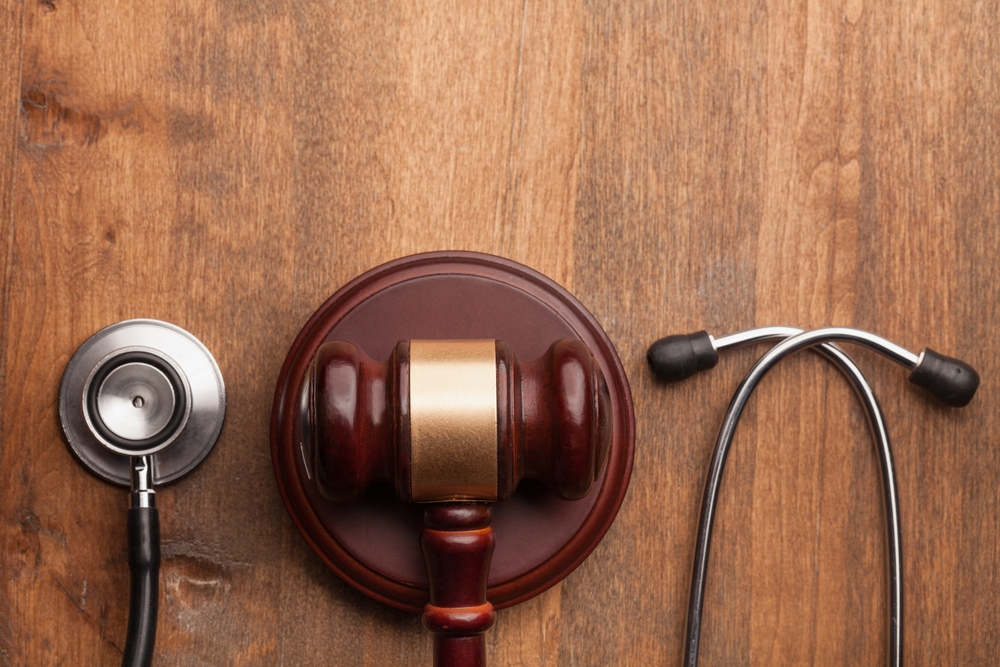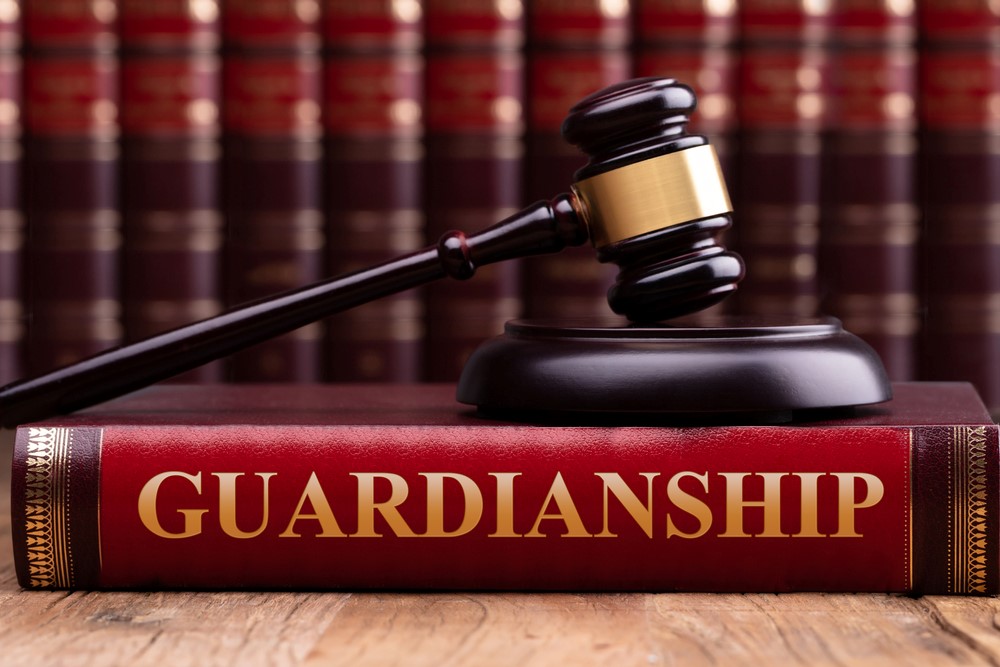Over the years, we have published many blog posts outlining the proper driver response following their involvement in a car accident. Car accidents often lead to severe injuries, and we want to help drivers secure the recovery and compensation they deserve. However, drivers aren’t the only people who get injured in car accidents. So, what are your rights as an injured passenger in an auto crash?
Who is at Fault?
Maryland is an at fault state, which means that establishing the driver at fault is one of the primary focuses of many car accident cases. When you’re just the passenger, however, you are entitled to compensation for pain, medical bills, and lost wages regardless of which driver was deemed at fault.
If the driver of the other car involved in the accident is deemed at fault, the decision to file a claim or lawsuit for compensation is usually made. Things can get a little more complicated if the driver of the vehicle in which the passenger was injured in is deemed at fault. In most cases, a friend or loved one is the individual at the wheel. How could you justify filing a claim against them? Well, you actually can justify it quite simply: they have an insurance policy for a reason! Insurance is a safety net that exists for both their benefit and your own, and the burden of financing your recovery after an injury you had no responsibility for should not fall on your shoulders.
What Should You Look Out For?
As stated earlier, it is fully within your rights to seek compensation after sustaining injuries as a passenger in an auto crash. Even still, you should expect the responding insurance company to launch their own investigation to reduce the payout.
Here are two situations that insurance companies may use in an effort to reduce the amount of compensation:
- After a drunk driving incident, insurance companies may claim that you had a role in convincing the driver to make the drive.
- After a distracted driving incident, insurance companies may attempt to argue that you played a role in distracting the driver and triggering the accident.
As your ally and attorney, Mobley and Brown will work to dispel these arguments and maximize your compensation to ultimately maximize your recovery.
Injured Passenger? Contact Mobley & Brown, LLP for Your Maryland Car Accident Claims
If you are searching for the right car accident attorney in Maryland and unsure where to turn, contact Mobley and Brown, LLP today. Our experienced legal team will work with you to meet your needs. Call us now at (410) 385-0398.













